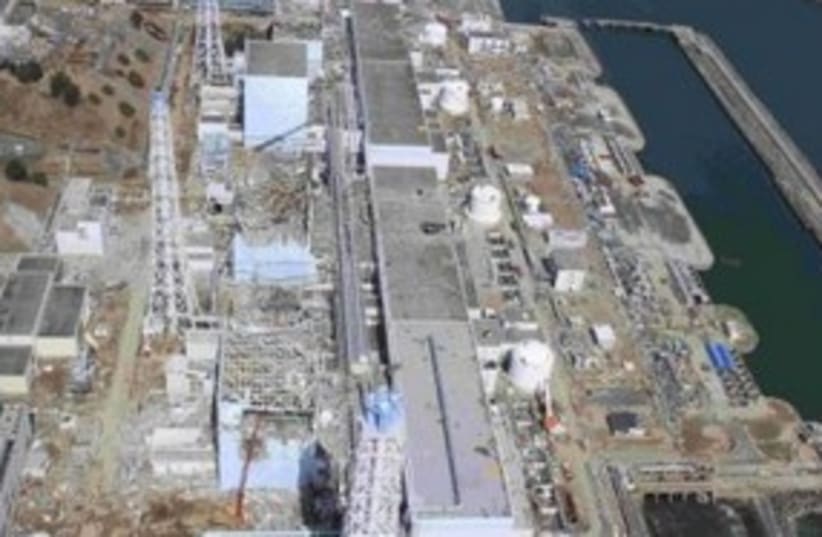'Highly contaminated water removed from reactor'As well as trying to deal with the consequences of quake and tsunami which killed at least 13,000 and left tens of thousands homeless, Japan is struggling to control the Fukushima Daiichi nuclear power plant that began leaking radiation when it was nearly destroyed by the natural disasters.Plant operator Tokyo Electric Power (TEPCO) said it had started removing highly contaminated water from one of the reactors, a key step to repair the cooling system that regulates the temperature of radioactive fuel rods.It wants a "cold shutdown" of the plant in six to nine months, setting a time-frame for bringing the world's worst nuclear crisis in 25 years under control.The damage to Fukushima Daiichi, and the shutdown of other nuclear power plants, has caused power outages that exacerbate the disruption to manufacturing supply chains and overall economic activity.
Japan eyes sales tax rise to pay for post-quake rebuild
Gov't considering raising tax by 3 points to 8% to help cover $300b. in damage; highly contaminated water removed from Fukushima reactor.

'Highly contaminated water removed from reactor'As well as trying to deal with the consequences of quake and tsunami which killed at least 13,000 and left tens of thousands homeless, Japan is struggling to control the Fukushima Daiichi nuclear power plant that began leaking radiation when it was nearly destroyed by the natural disasters.Plant operator Tokyo Electric Power (TEPCO) said it had started removing highly contaminated water from one of the reactors, a key step to repair the cooling system that regulates the temperature of radioactive fuel rods.It wants a "cold shutdown" of the plant in six to nine months, setting a time-frame for bringing the world's worst nuclear crisis in 25 years under control.The damage to Fukushima Daiichi, and the shutdown of other nuclear power plants, has caused power outages that exacerbate the disruption to manufacturing supply chains and overall economic activity.